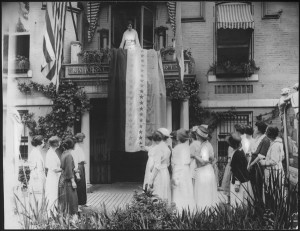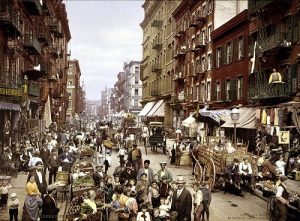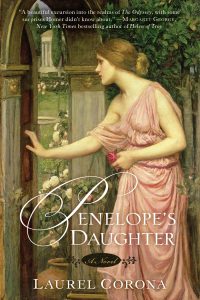My suitcase is inside the front door, my passport still sitting on top of it, just where I left it when I took my partner and sweetest love Jim to the emergency room just hours before we were due to leave for Lisbon.
I know I need to unpack, but there’s something about that hulking form containing the cocktail dresses I won’t be wearing, the bathing suit I won’t need–something as yet unresolved in my mind that demands that it stay there while I figure out what it all means.
As I sat in the hospital yesterday, I followed in my mind the itinerary that would get us to Lisbon. Right now we’d be flying over New Mexico, I thought. Right now we’d be waiting in Newark for our connection. Right now we’d be hearing our plane was starting its descent into Lisbon. And then the imaginings went dark.
Today as I sat by Jim’s bed in the hospital my only thoughts of the outside world were of my classes. Right now the sub was walking in, calling roll, and telling the students I wasn’t going to be gone after all, except this one day. I pictured each room, each set of faces and the range of reactions. It was far more real to me than a ship I had never been on, the smells, the sights, the sensations of a place I had never been.
I haven’t tried to figure out what time it is in Portugal. I haven’t looked once to see where the ship is, or whether at this moment I would be giving one of my lectures, or sitting by the pool, or visiting a foreign port. It isn’t real. It wasn’t meant to be.
My life here with Jim is real. My life as a professor is real. What could compare?
Talking with my sister last night, I told her I was mentally putting on my Buddhist robes and trying to process this whole disappointment–oh yes, it is certainly that!–in terms of suffering caused by desire. What were my desires for this trip, and what do I feel I have lost?
What I wanted, deep down, was more quality time with Jim. We’re both workaholics, me with my second full time job as a novelist, and he as a research scientist with a burning desire to understand how just one little piece of this marvelous bio-physico-chemical process called life actually works. What did I get? More quality time with Jim, just not of the sort I pictured. Today I kissed his forehead and smoothed his hair and told him I loved him. He told me the same, held my hand, and smiled.
“Be careful what you ask for,” my sister said. “Remember the old adage about getting it.”
The other thing I wanted is more frivolous but still real to me. I had really been looking forward to the opportunity to dress to the nines every night, and now I must plunge into a suitcase and confront the gorgeous clothes I have no use for. I had been joking with Jim about how he simply doesn’t know what a girly girl I can be, because that’s just not the way we live. The dresses go into the back of the closet now–for months I’d kept them in front where I could see them as my excitement grew. Now don’t want the reminder.
Western thinking suggests that it’s good to plumb our psyches to root out every last emotion and expose it to the light of day, but I don’t need or want to. I have conquered most of the suffering by understanding what I desired from this trip and why, or at the very least knowing that I can understand it if I dig a little more, and that such knowledge will set me free, if that is what I wish for.
I’m still learning, still changing, and so grateful for the little flashes of clarity life gives us from time to time if we are willing to step away from our grievances and disappointments and just take in a deep breath of good, fresh air.
Will Jim and I step aboard a cruise ship in the future? Maybe. Maybe not. Will the sea air smell sharper and the waves dance more brightly if we do? Undoubtedly.






